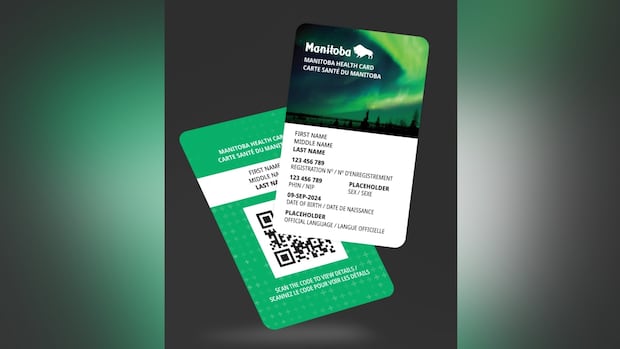In a significant policy shift aimed at improving healthcare access, Manitoba health officials have expanded exemptions for patients without valid health cards seeking hospital care. The move comes after mounting pressure from healthcare advocates and community organizations who have long argued that rigid identification requirements create dangerous barriers for vulnerable populations.
The updated policy, quietly implemented last month, now allows hospital staff greater discretion when admitting patients who cannot produce a valid Manitoba health card. Previously, individuals without proper identification faced potential denial of non-emergency services or intimidating financial demands that often deterred them from seeking necessary medical attention.
“This change recognizes the reality many Manitobans face,” explained Dr. Emily Chen, chief medical officer at Winnipeg Regional Health Authority. “Whether it’s someone experiencing homelessness, fleeing domestic violence, or simply someone who lost their wallet, healthcare shouldn’t hinge on having a plastic card in your possession.”
The revised guidelines specifically benefit several vulnerable groups, including Indigenous patients from remote communities, those experiencing homelessness, and newcomers to the province. Under the new protocol, hospital staff can now verify a patient’s coverage through alternative means, including database lookups using name and birthdate, rather than requiring physical documentation.
Community health advocates have cautiously welcomed the change. Marion Wilson, director of Street Health Coalition, told CO24 News, “We’ve seen countless cases of people avoiding critical care because they feared being turned away or billed thousands of dollars. This is a step in the right direction, though we’re monitoring closely to ensure it’s implemented consistently across all facilities.”
The provincial health department has confirmed the policy revision follows similar approaches adopted in British Columbia and Ontario, where healthcare systems have moved toward more inclusive identification practices. Internal analysis showed that rigid ID requirements created unnecessary administrative burdens while potentially worsening health outcomes when patients delayed seeking treatment.
Not everyone supports the loosened requirements, however. Some critics, including the Manitoba Taxpayers Federation, have expressed concerns about potential abuse of the system. “While compassionate care is important, we need safeguards to ensure healthcare resources are directed to eligible residents,” said spokesperson James Harrison.
Health officials counter that existing verification systems are robust enough to prevent significant misuse, while the human cost of turning away legitimate patients far outweighs potential administrative concerns.
The change arrives amid broader discussions about healthcare accessibility across Canada, particularly for populations that face systemic barriers. Recent data from Statistics Canada indicates approximately 7% of Canadians report difficulty accessing healthcare due to documentation issues, with rates significantly higher among Indigenous communities, low-income households, and the unhoused.
Manitoba Health Minister Sarah Robertson emphasized the provincial government remains committed to ensuring healthcare access while maintaining system integrity. “We believe these revised guidelines strike the right balance between compassionate care and responsible stewardship of public resources,” she stated in a written response to CO24 Politics.
Training for frontline healthcare staff on the new protocols is currently underway across Manitoba’s healthcare facilities, with full implementation expected by the end of the month.
As provinces continue grappling with healthcare access issues, does Manitoba’s approach represent a model for the rest of Canada, or will regional differences in healthcare delivery require more tailored solutions to address barriers faced by our most vulnerable citizens?

























